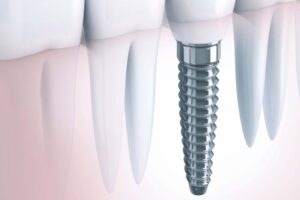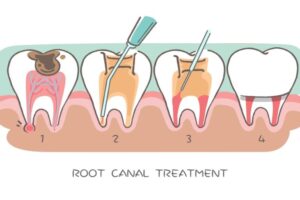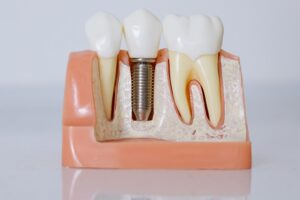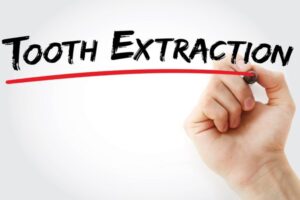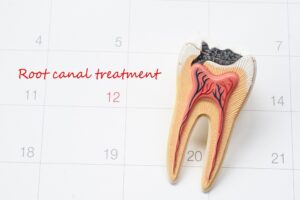Brushing teeth is certainly a daily norm for the majority of the population and is essential for oral and overall health. Dentists always emphasize the importance of proper brushing techniques to ensure adequate oral hygiene to keep diseases at bay. If you are wondering if you should switch to an electric toothbrush, here is a complete guide to help you choose better.
ELECTRIC TOOTHBRUSH
- Electric Brush
PROS:
- Unique experience improvising the overall brushing episode
- Some brushes have an inbuilt timer which ensures brushing for the recommended duration of two minutes
- The small size of the brush head makes it possible to reach difficult to reach areas like upper back teeth and inside surfaces of teeth.
- The thicker handle significantly improves the grip, especially in the hands of children and aged people.
- Battery operated ones are convenient to use and usually last about 4-6 weeks
- The average life of any good quality electric tooth is 3-5 years
- Safer for teeth and gums as it avoids undue pressure applied by the user
- Can prove beneficial for people flaunting braces as the bracket and wire make it difficult to clean with a manual toothbrush.
CONS:
- Relatively more expensive than manual toothbrushes. The price usually varies between Rs. 1500 – 5000
- It is slightly difficult to find replacement brush heads in nearby outlets
- You have to remember to charge it before it drains out of the battery
- It is risky to carry while travelling abroad and requires the necessary converter for proper function.
- High chances of irreparable damage on accidental fall
- Higher chances of gum bleeding in pre-existing cases of gingivitis
MANUAL TOOTHBRUSH
Manual Brush
PROS:
- Easily available in a variety of shapes, sizes and colour
- Affordable and overall cost-effective as it is easy to replace
- Multiple choices are available in the market in terms of shape, size, colour, bristles pattern, texture etc.
- There is no hassle of any charging or changing of batteries
- Lightweight and easy to carry anywhere
CONS:
- Effectivity lies entirely in the hand of the user and demands proper brushing techniques for best results
- A larger brush head restricts accessibility in difficult to reach areas
- Lacks any built-in timer
- Possibility of excessive manual pressure resulting in loss of protective enamel and wear and tear of teeth.
DRIVING FORCES
The three most significant contributing factors in deciding between a manual and electric toothbrush are:
AGE: Electric toothbrush was technically invented for people with restricted manual dexterity such as arthritis, multiple sclerosis, carpal tunnel, Parkinson’s etc. The inherent continuous motion of the brush makes it easier to remove plaque. This makes it favourable for elderly people to ensure proper oral care.
Even, children thoroughly relish the look and feel of an electric brush and are positively motivated to use it. There are many electric brushes designed beautifully in kid-friendly characters with inbuilt rhymes and timers to ensure proper oral brushing. It’s definitely worth investing in your child’s smile as it removes the hassle of forcing them to brush.
COST: Electric toothbrush is definitely popular among households who can afford them and have access to easy replacement of brush heads.
PERSONAL PREFERENCE: Eventually, proper oral hygiene is the ultimate goal and the means entirely depends on the choice of the user.
WHAT DOES RESEARCH SAY?
One study in 2004 demonstrated that the rotating oscillating electric toothbrush significantly demonstrated an advantage over a manual toothbrush and reduced the incidence of caries and gum diseases. Another clinical study proved the efficacy of powered toothbrushes in reducing plaque and gingivitis. A 2014 Cochrane study conducted over a 3 month period found that electric brushing reduced gingivitis by 11 per cent and plaque by 21 per cent.
CONCLUSION
It is fair to say, that the outcome lies in the hands of the user. If you are following the proper brushing techniques for two minutes and cleaning all the surfaces of the teeth, even a manual toothbrush is good enough for you. However, if you have persistent plaque or gum problems, it is highly recommended that you switch to an electric toothbrush. There are multiple options available online and are worth giving a shot! Always replace your brush/brush head after three months or earlier if you fall sick or the bristles are frayed. For further queries, feel free to contact your dentist.



